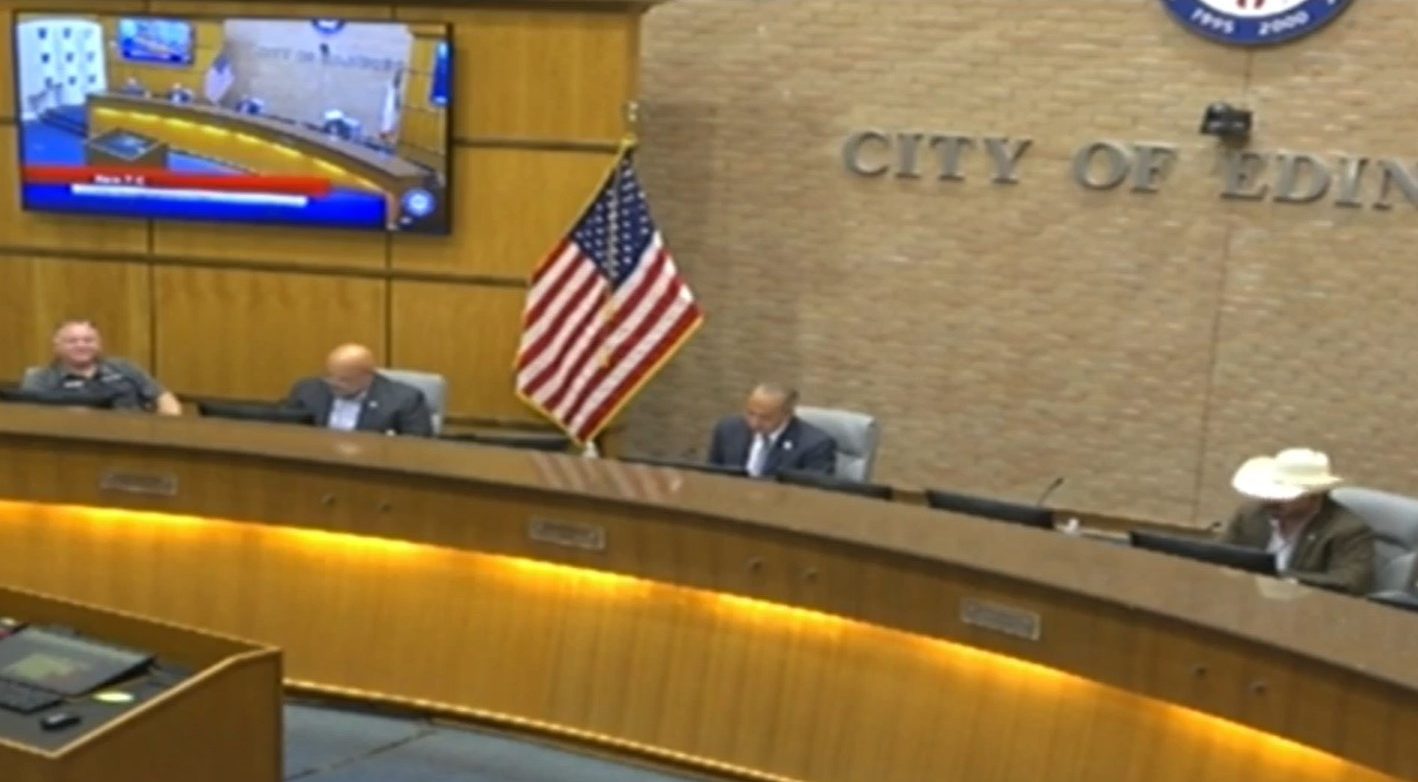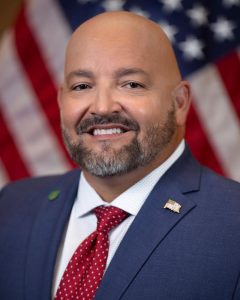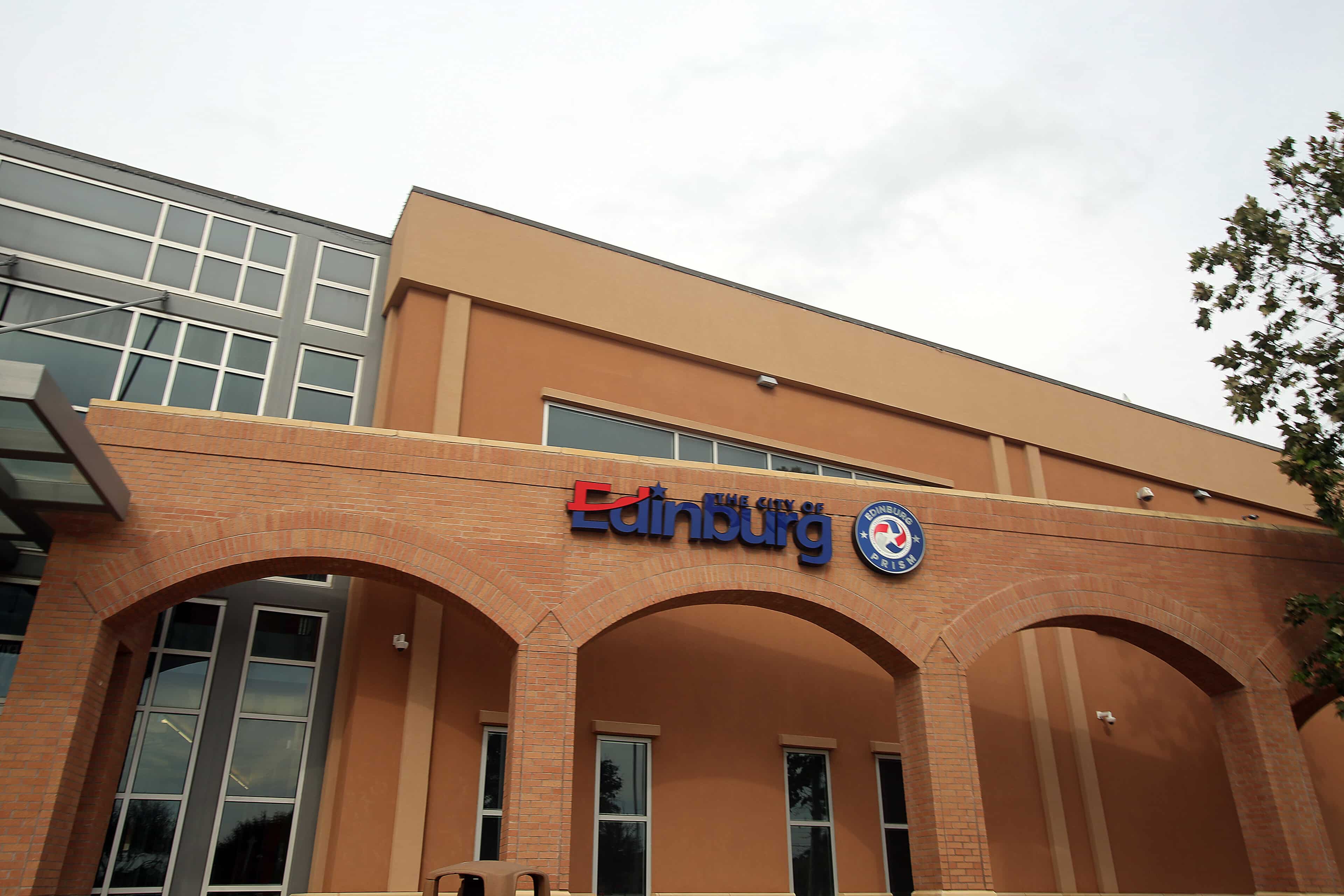|
Only have a minute? Listen instead
Getting your Trinity Audio player ready...
|

EDINBURG — Officials here approved a $164.5 million fiscal budget and unanimously voted to maintain the same property tax rate as last year at 63 cents per $100 valuation.
The budget will not only pay for the city’s operating expenses, but will also go toward funding a 3% cost of living pay adjustment for city workers, as well as the creation of several new positions across multiple departments.
The 63 cent property tax rate also marks the continuation of some of the lowest tax rates since the early-1990s.
For Edinburg Mayor Ramiro Garza Jr., the fiscal year 2024-25 budget is an accomplishment that will allow the city to continue flourishing.
“This balanced budget not only reflects our commitment to fiscal responsibility but also ensures that our community continues to thrive,” Garza stated in a news release Thursday.
“This takes a lot of work, and I am incredibly proud of our team’s dedication and careful planning, which allows us to provide the essential services our residents rely on,” the mayor continued.
During a meeting Tuesday evening, the Edinburg City Council voted 4-0 to approve both the property tax rate and the budget for the next fiscal year, which begins on Oct. 1.
Place 2 Councilman Jason De Leon did not attend the meeting.
RISING REVENUES
Though the property tax rate will remain the same, it will nonetheless generate more revenue compared to the previous year.
The city will generate nearly $2.7 million in additional property tax revenue in 2025, according to a property tax statement cover sheet that state law mandates be included in the budget book.
That revenue increase is due, in part, to property valuations continuing to rise. But nearly half of that additional revenue — or just about $1.3 million — will come from new construction that’s been added to the rolls.
Overall, the growth of the city’s property tax revenues has cooled slightly compared to recent years that have seen valuations skyrocket across the Rio Grande Valley.
Over the last year, property valuations increased just 6.53%, according to the city’s budget book.
In 2023, those valuations jumped by 13%. And in 2022, they’d gone up 10% compared to the previous year.
Nonetheless, Edinburg already has plans for what it will do with the additional revenue generated by this year’s modestly higher valuations.

First and foremost, the city will fund a 3% cost of living increase for all employees. As Place 1 Councilman Dan Diaz said during Tuesday’s meeting, the modest pay bump will help city staffers keep up with the rising costs associated with nearly any purchase these days.
“Our employees can’t live on what they got last year,” Diaz said.
NEW HIRES
The 2025 budget also includes appropriations for a small bit of growth to the city’s workforce.
Just a few months after hiring a new city attorney and making that office an in-house position versus a contractual one, city officials have appropriated funds to pay for a deputy city attorney.
The budget also sets aside an appropriation to fund two associate municipal judges.
Currently, the municipal court operates with one elected municipal judge, who may appoint alternate judges at his discretion.
However, over the last several months, some members of the council have tried — and failed — to empower the council to appoint associate judges who can serve alongside the elected judge, or in his absence.
The budget also includes funding for an assistant fire chief, staffing for the expanding cultural arts department, and several blue collar positions.
Public safety marks Edinburg’s costliest appropriations. Combined, the city will spend nearly $39.9 million of its $89.4 million operating budget on public safety.
Of that, some $28.8 million, or 32%, will go toward funding the police department, which is expecting to maintain the same staffing levels as FY 2023-24.
Another $11.05 million, or 12.4%, will go toward fire and EMS service.
Edinburg will also be able to maintain a reserve fund balance valued at 25% of its operating expenditures, as mandated by city policy.
That $21.9 million figure represents a slight decrease of one-half of 1% in the city’s rainy day fund compared to the previous year, according to the budget book.
Further, some 81% of Edinburg’s general fund revenues come from property, sales and franchise taxes.
And as property tax revenues are expected to increase in the coming year, so, too, are sales tax revenues.
The city expects to see an estimated $30.8 million in sales taxes in the coming fiscal year, which represents a rise of about 6% compared to last year.

BALANCING ACT
However, even with modest increases to Edinburg’s property and sales tax revenues, the city will still need to inject funds from other revenue streams to balance the budget.
The budget book shows that the solid waste fund — which is fueled by the cost for services charged at the city landfill — will inject some $6.5 million into Edinburg’s general fund.
But that’s not the only account that the solid waste fund, which is one of several so-called “enterprise funds,” will subsidize in the coming year.
Enterprise funds are typically meant to sustain themselves via charges for services. However, several of the city’s enterprise funds are not self-sustaining.
Edinburg’s two golf courses, Los Lagos and Ebony Hills, will receive $874,738 and $253,395, respectively, in operating cash from the solid waste fund.
Nor is the city’s airport fund solvent.
The budget book shows that the South Texas International Airport’s enterprise fund will receive a $509,000 infusion from the solid waste fund.
In total, profits from Edinburg’s landfill will contribute some $8.5 million in funding to other city departments.
One enterprise fund that has seen a healthy turnaround, however, is Edinburg’s utility fund, which generates revenue through the city’s water and sewer service charges.
In January, the city council approved a series of stepped utility rate increases that will continue through October 2027.
The first increase went into effect in April, with a second expected to begin next month.
But already, with just one 11% increase in effect, Edinburg’s utility fund has gone from being insolvent, to producing nearly $4 million more in revenues compared to last year.



